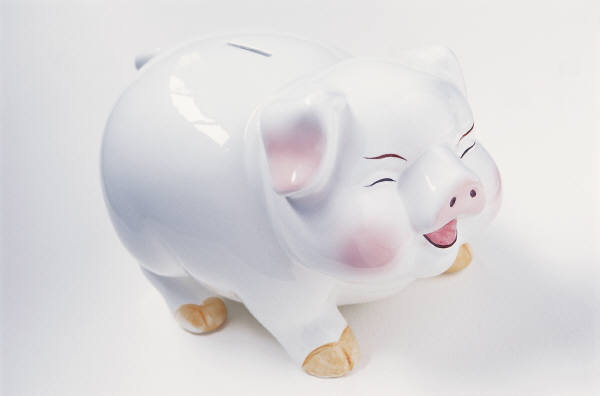Is money the key the happiness? Maybe not, but it sure helps.
Wealth is a means to an end. Many ends. For some, it’s an end to hunger. An end to pain. An end to uncertainty. For others, it’s an end to envy. An end to revenge. Whatever end a person wants, money can become a means to that end. Unfortunately, some choose short term ends that satiate immediate desires and compromise longer-term ends.
A principle business students learn in school is called opportunity cost, giving up the benefits of something for the benefits of something else. With regard to money decisions, it can lead to great satisfaction or anger depending on the choices one makes.
Do you buy that holiday peppermint café latte with soy or use the $5 it costs toward a credit card balance that never seems to go down? Do you spend $10 going out to lunch during the workday or make lunch at home and bring it to work, using the difference to pay down a car loan with four years of payments remaining? Do you spend $20 at the movie theater for a ticket, soda and popcorn or wait to rent the movie at Redbox and use the extra cash to increase the balance of a savings account?
These are all choice many people make every day. They will become the difference between merely getting by and doing well in the future.
“I work hard, and I deserve this latte,” someone might say. While that might be true, at $5 per day, five days per week, the cost of the latte adds up quickly – at least $1,300 per year. If someone were to take that latte cash and invested it in a savings account earning 1 percent interest, at the end of 10 years, that individual would have nearly $14,000 in savings. At the end of 20 years, that amount would grow to nearly $29,000, and at the end of 30 years, that amount would climb to more than $45,000.
These calculations assume a 1 percent interest rate in a liquid account for the life of the investment. Interest rate are likely to go higher in the coming years – perhaps much higher if inflation creeps into the mix. A savings balance would be substantially higher over time with a higher average interest rate, but what if that latte cash were deposited into an investment account instead of a savings account?
If latte cash were injected in a broad collection of stocks through a mutual fund or exchange traded fund (both baskets of stocks) with an average annual return of a conservative 6 percent, then the balance could become more than $18,000 after 10 years, $50,000 after 20 years, and $108,000 after 30 years. Is that daily latte worth losing the chance at gaining an extra $108,000 in 30 years? That’s opportunity cost.
Maybe you have loads of debt that seems to grow every year like an evil demon determined to minimize your income and drain your soul of life with its relentless, punishing wrath. Buying a latte might make you feel better, temporarily, but it won’t help your problem – oppressive, crushing debt. Use that latte money, and cash from other expenses you don’t need, to fight back and slay that demon. You are the only person who can send the demon back to the netherworld from which it came and free yourself from a life chained to creditors, working for others instead of yourself.
Be cognizant of long-term goals when identifying short-term opportunities. It will help you resist destructive actions that would hurt your financial future and allow you to make better decisions for a brighter tomorrow.
